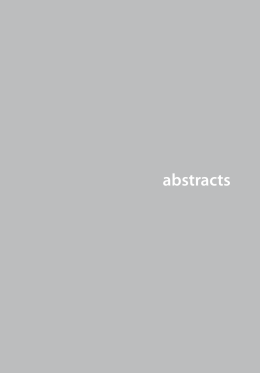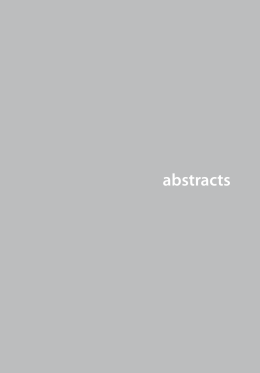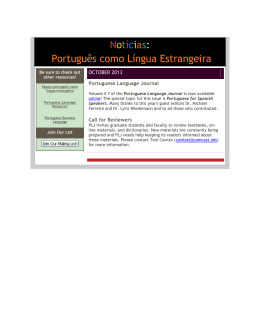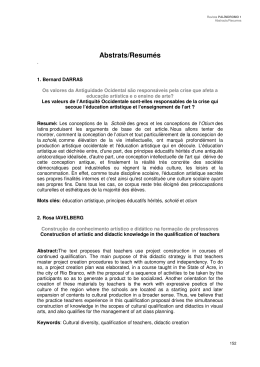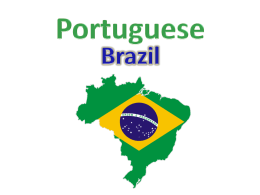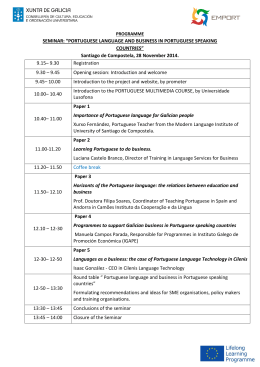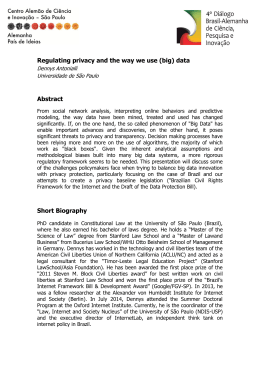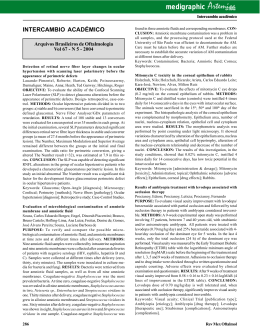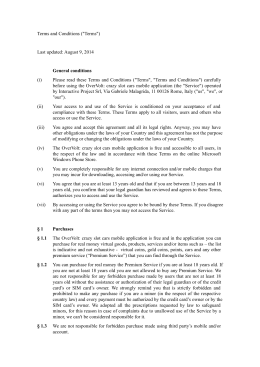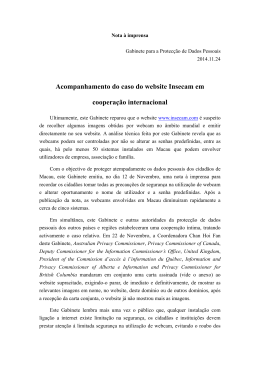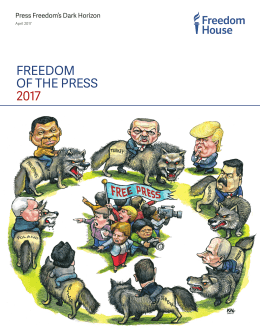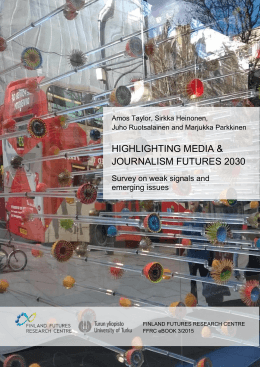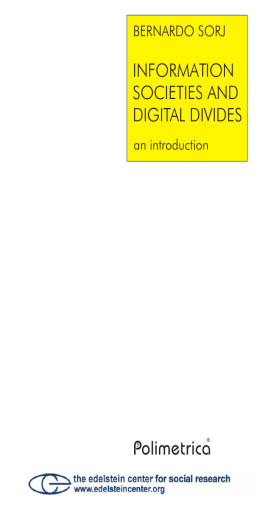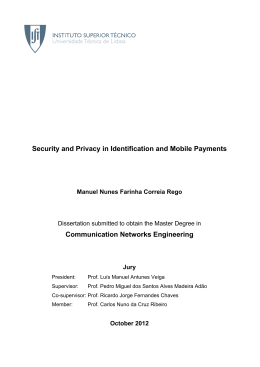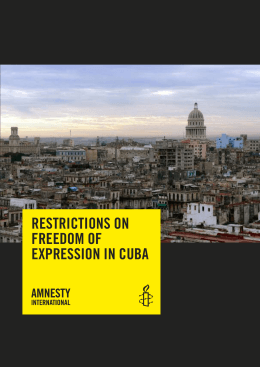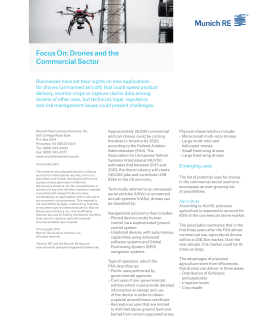Recensões | 219 abstracts Recensões | 221 Celebrating catastrophe elisabeth bronfen Seeking to define our cultural obsession with celebrity, the essay explores the relation between media fascination and disaster and how this is interlinked with our notions of what fame consists of today. A reading of the theme of celebrity and death in Salman Rushdie’s The Ground Beneath her Feet is introduced by a critical interrogation of two media events that preceded it and thus serve as an, albeit indirect, intertextual reference: the murder of Gianni Versace on the one hand and on the other the accidental death of Princess Diana. Keywords: Catastrophe, Celebrity culture, Representation Congressos partidários Rogério santos The article analyses news coverage of party congresses in Portugal in 1994, 1995, 2000, and 2001, coinciding with the end of each governmental mandate. Five daily and weekly newspapers are analysed. The main objective is to verify whether the news coverage of these congresses follows a model of serious, sensational or light information. One of the principal conclusions indicates the importance of party congresses in the news agendas of the press, largely due to the fact that these events are a fundamental element of any country’s democratic practice. Keywords: Democratic practice, Information, News agenda, News coverage, Newspapers, Party congresses 222 | Recensões A dimensão política do jornalismo estrela serrano This paper analyses the political dimension of journalism, exploring the relationship between political actors and journalists and the interactions between journalists and their sources of information. Based on the main theoretical contributions made on this subject, the paper discusses how politics and journalists represent each other in the Portuguese press. Keywords: Democracy, Journalism, Politics A mensagem política na campanha das eleições presidenciais: análise de conteúdo dos slogans entre 1976 e 2006 paula do espírito santo The main objective of this study is to analyse a set of discursive and political representations as well as the values contained in the slogans used during the Portuguese presidential elections from 1976 (the first presidential election after the 1974 revolution) to 2006. This will focus on analysing the discursive, political and ideological differentiation contained in the campaign slogans. In methodological terms, this study is based on the technique of content analysis, supported by a qualitative and inferential view, and focused on the informational contents under consideration. Keywords: Communication, Elections, Political campaign, Politics Tendências de cobertura do final de um ciclo político: Cavaco Silva (1994-1995) isabel ferin This article analyses press front-page coverage of the end of Prime Minister Cavaco Silva’s last mandate (1994-1995). The empirical research focuses on two dailies (Diário de Notícias and Público) and two weeklies (Expresso and O Independente). The main hypothesis seeks to cross-reference the changes in the Portuguese news media, namely broadcasting, with the international literature about end-of-mandate periods. According to several studies, these periods demonstrate increasing conflict between political power and the news media. The empirical media analysis is carried out by SPSS. Keywords: End of Prime Minister’s mandate, Journalism, Political comunication, Press analysis Recensões | 223 O caso ICN – convergência entre jornalistas e fontes gonçalo pereira The relationship between journalists and sources is not necessarily ruled by a rigid social model of opposite positions and clear antagonism. It is argued that whenever journalists share referential frames with sources in news stories that have strong militancy (like environmental news), they can both be links in the some chain, actively interested in the same outcome and perhaps fighting for the same cause. Keywords: Cultural Resonances, Environment, Framing, News production, Sources Campanhas políticas e tecnologias digitais mÁgda rodrigues cunha Politicians have traditionally availed themselves of the media in a conventional manner during electoral campaigns. At their disposal, they have free airtime on radio and TV for their programs, and the possibility of paid spaces in newspapers. At least in Brazil, this has been the format adopted. However, with the advent of digital technology, the internet and all the consequences of these events, the models employed today face the need of a makeover. This article seeks to foster discussion on these changes by highlighting the main characteristics of the conventional media and digital technology while also focusing on the history, culture and language of communication media. Keywords: Communication, Culture, Language, Media, Politics, Technology Major users, minor rights: e-privacy rights of minors michel walrave In this article, we describe the methodology used and the results of a survey conducted to analyze the data-processing techniques in websites and check their conformity with the EU data-protection directive by analyzing their privacy statement. The study shows that the majority (eight out of ten) collect the personal details of the visitors. Only a minority (four out of ten) summarize some legally mandatory information in a privacy statement. Moreover, the phrasing of the privacy policy is often not adjusted to the target groups of the websites. The methodological questions concern the selection of websites that can form a representative sample to be used for longitudinal research. Alongside the analysis of the explicit data processing Ω(e.g. using online forms) a complementary instrument has to be developed to analyze more thoroughly the implicit data processing (e.g. web bugs, cookies, etc.). Keywords: Privacy policy statement, Privacy statement, Websites
Download
PDF
